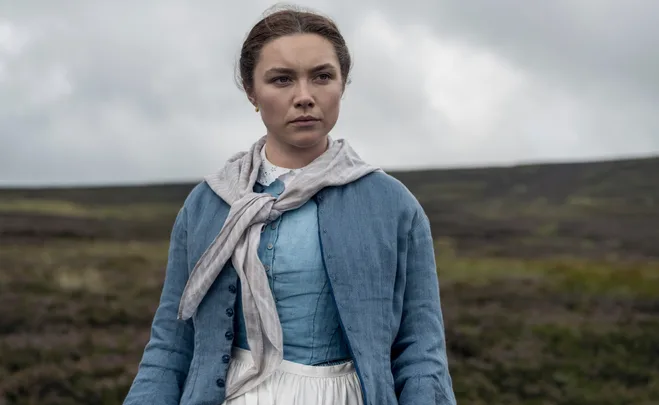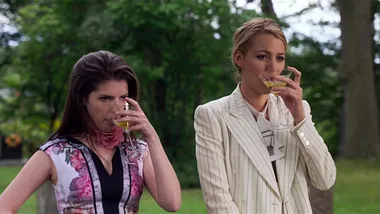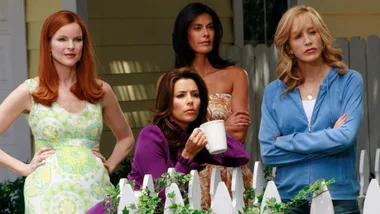Florence Pugh’s latest foray into film has provided a disturbing insight into the real story of 19th century Ireland’s fasting girls. In The Wonder, Pugh plays a nurse, Lib, who is assigned to treat a young girl, Anna (played by newcomer Kíla Lord Cassidy), whose devout Christian family claims she has stopped eating, but remains miraculously healthy—a work of God, they say.
And while the characters are fictional, the phenomenon it delves into is far from it. The Victorian-era fasting girls claimed they could survive over long periods of time without consuming any food, thus proving their supernatural religious powers.
The film’s director Sebastián Lelio said the film focussed on the “collision between reason and magical thinking or science, and extreme religiousness; between spiritual and intellectual elasticity versus fanaticism”.
He certainly pulled it off. As the end of the film approaches, Lib finally discovers the truth behind Anna’s fasting, but not without a confronting revelation and a split decision of major consequence. Read on as we explain what the disturbing revelation and the film’s ultimate ending really meant.
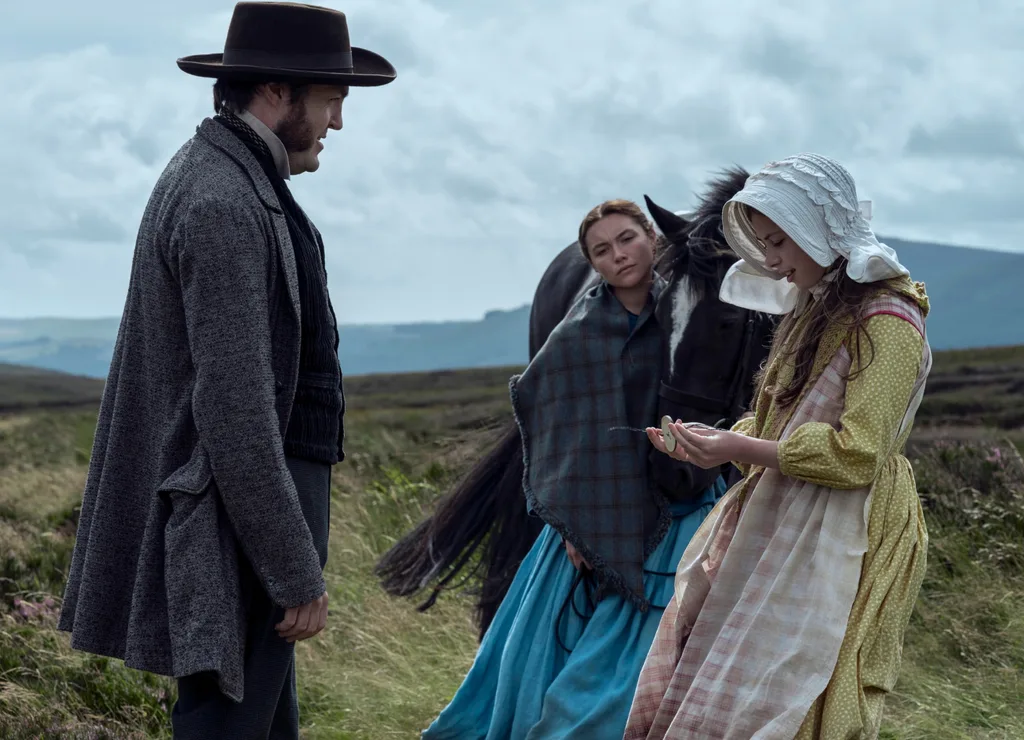
The Wonder ending explained
After spending weeks by Anna’s bedside in the hopes of discovering the truth about her fasting and supposed miraculous survival, Lib figures out that it’s linked to the death of Anna’s older brother. Confronting her patient about this, Anna tells Lib that her brother was abusive towards her before he became ill and died. Her mother believed that Anna was responsible for his death, and convinced her to fast in order to save her brother from going to hell.
When Lib finally confronts the family in front of the town’s council, they deny any wrongdoing despite the fact that their daughter is starving. Ultimately, they chose their religion over her health.
Disturbed by this, Lib devises a plan where she can save Anna. She tells the young girl, who by now is barely conscious, that the Anna she identifies as will die, but a new version of herself, nicknamed Nan, will be reborn. Lib takes Anna away from her home and lets her fall asleep in her arms while telling her it’s time to let go of Anna. Lib then wakes her up, telling her she is now Nan.
Young and malleable, the young girl believes that Anna really has died and has been replaced by Nan, and she accepts food that Lib quickly feeds her. The nurse then returns to the family home and burns it down. She later claims to the court council that Anna had died in her room and distressed by her death, she knocked a candle over which set the house alight. In the ensuing fire, Lib claims Anna’s body disintegrated to ashes.
In reality, Lib sends Anna to London and looks after her there along with her journalist lover, Tom. In the film’s final scene, the trio are seen boarding a ship to Sydney, Australia, where a new life awaits them.
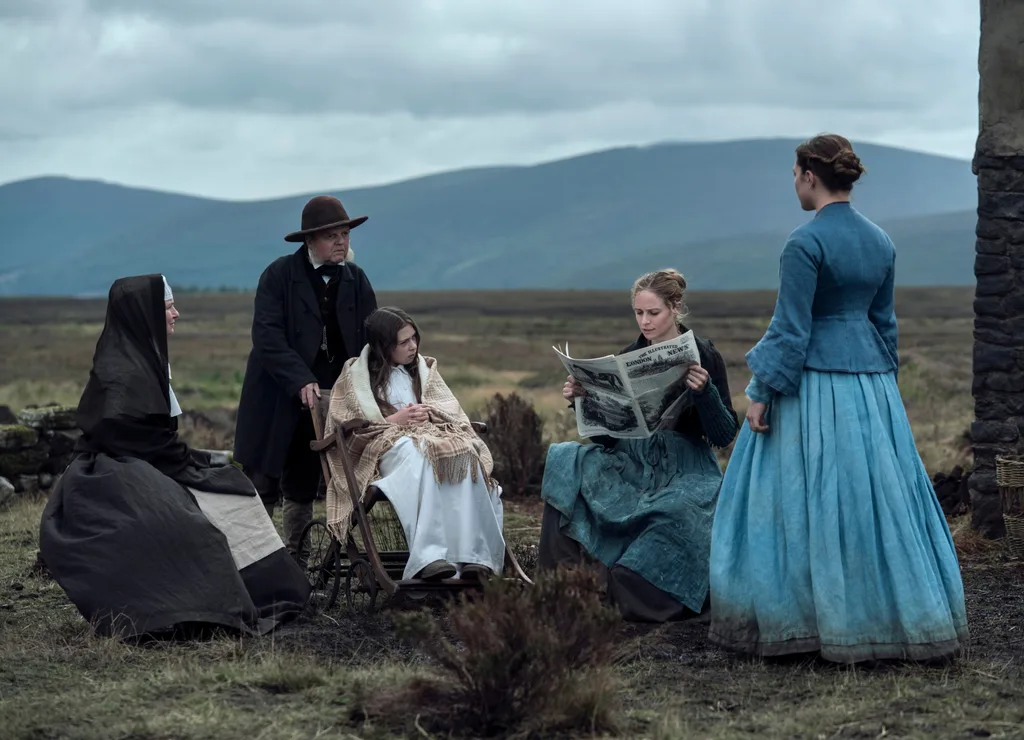
So how was Anna surviving while fasting?
When Lib forbids Anna’s family from going near her, Anna’s mother tells the nurse that her daughter needs her mother’s kiss. This turns out to be the key behind Anna’s “miraculous” survival. It’s revealed that when Anna’s mother would hug and kiss her daughter, she was actually passing her food through the mouth to mouth contact—like a bird, if you will.
Anna meanwhile cannot differentiate the physical science behind her mother feeding her from her own fasting. She calls her mother’s feeding “manna from heaven.” In reality, it was simply food regurgitated from one mouth to another.
Were Anna and nurse Lib real people?
While the phenomenon of Ireland’s fasting girls was real, the characters in The Wonder are fictional. That said, the story is not dissimilar to that of Sarah Jacob, a Welsh girl who claimed in the 1860s that she had not eaten any food from the age of 10. While locals were initially sceptical, many eventually believed her, owing it to special religious powers.
Eventually, doctors convinced her parents to allow her admission to hospital for supervision. There, she quickly showed signs of starvation. When her parents were informed that the young girl was dying, they refused to allow her food, citing that she’d been this sick before and that her illness had nothing to do with her lack of nutrition. When she died several days later, it was revealed that Jacob had indeed been eating small amounts of food prior to her hospital admission without anyone’s knowledge.
